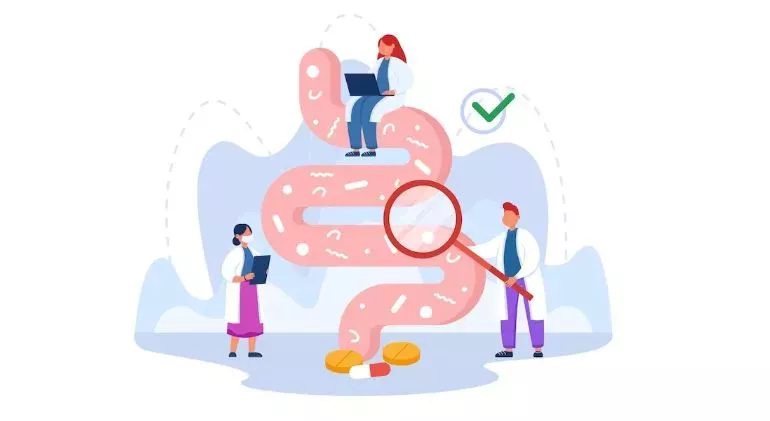Functions and Importance of a Healthy Digestive System
The digestive system, including the bowel, plays a vital role in our overall health and well-being. Let's start by understanding the functions and importance of a healthy digestive system and bowel.
Digestion and Absorption: The digestive system breaks down the food we eat into smaller particles through a process called digestion. The nutrients, such as carbohydrates, proteins, fats, vitamins, and minerals, are then absorbed into the bloodstream through the lining of the small intestine. This absorption provides the body with essential nutrients necessary for energy production, growth, and repair.
Waste Elimination: The bowel, which consists of the large intestine and the rectum, is responsible for eliminating waste from the body. After the absorption of nutrients, the remaining indigestible material, including fiber, water, and undigested food, passes into the large intestine. Here, water is absorbed, and the waste material is formed into feces. The rectum stores feces until it is eliminated from the body during a bowel movement.
Gut Microbiome: The digestive system is home to trillions of microorganisms collectively known as the gut microbiome. These microbes, including bacteria, fungi, and viruses, help break down certain types of carbohydrates and fiber that our bodies cannot digest on their own. They also aid in the synthesis of certain vitamins, such as vitamin K and some B vitamins. A healthy balance of gut bacteria is essential for optimal digestion and overall health.
Immune System Function: The digestive system plays a crucial role in the body's immune system. It acts as a physical barrier, preventing harmful pathogens and toxins from entering the bloodstream. The gut-associated lymphoid tissue (GALT), located in the digestive tract, contains immune cells that help identify and fight off potential threats, such as bacteria, viruses, and parasites. A healthy gut promotes a robust immune response and helps protect against infections and diseases.
The importance of a healthy digestive system and bowel cannot be overstated. Here are some key reasons:
- Nutrient Absorption: A healthy digestive system ensures proper digestion and absorption of nutrients. This is crucial for providing the body with the necessary energy, building blocks for growth and repair, and maintaining overall health.
- Bowel Regularity: A well-functioning bowel promotes regular and efficient elimination of waste. This helps prevent issues like constipation, which can lead to discomfort, bloating, and the accumulation of toxins in the body.
- Gut Health and Microbiome Balance: The gut microbiome plays a significant role in various aspects of health, including digestion, metabolism, immune function, and even mental health. A healthy bowel supports a diverse and balanced gut microbiome, which can contribute to overall well-being.
- Disease Prevention: Several digestive disorders and conditions, such as irritable bowel syndrome (IBS), inflammatory bowel disease (IBD), gastroesophageal reflux disease (GERD), and colorectal cancer, can arise from an unhealthy digestive system. By maintaining bowel health, you can reduce the risk of developing these conditions and other gastrointestinal disorders.
To maintain a healthy digestive system and promote bowel health, it is essential to adopt a balanced diet rich in fiber, stay hydrated, engage in regular physical activity, manage stress levels, and avoid excessive alcohol consumption and smoking. Additionally, seeking medical advice and undergoing regular check-ups can help detect and address any potential issues early on.










